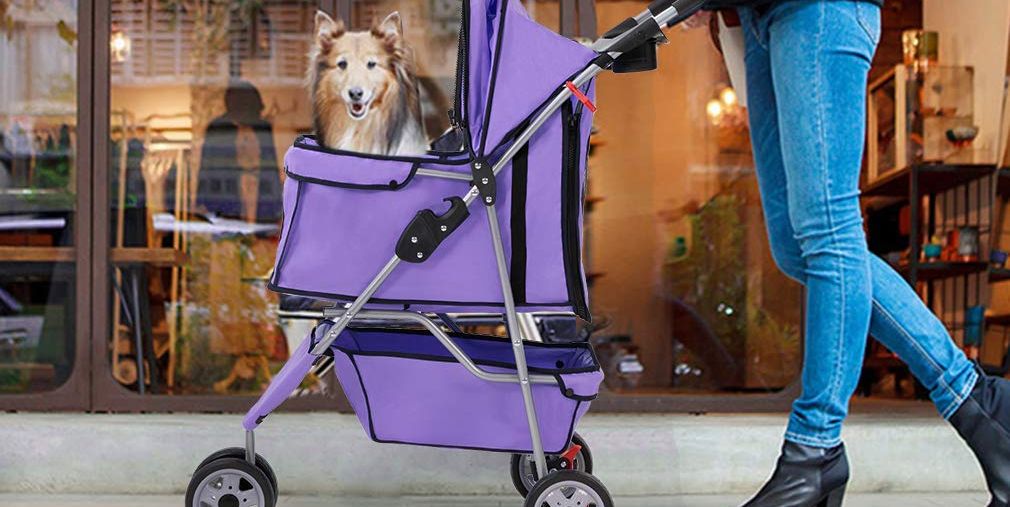Constipation in dogs is a condition characterized by infrequent and difficult passage of feces. It can be caused by a number of factors, including diet, intestinal parasites, and nervous system disorders. Dogs with constipation may pass small, hard stools or may not be able to pass any stools at all. In severe cases, constipation can cause the intestines to become blocked, which can be life-threatening. Treatment for constipation usually involves dietary changes and medications to help loosen the stool.
Symptoms of constipation in dogs include reluctance to move, abdominal pain, straining to defecate, dry and hard stools, and vomiting. If your dog is showing any of these signs, it is important to take it to the veterinarian for diagnosis and treatment. The goal of treatment is to relieve the dog’s symptoms and prevent any further damage to the dog’s health.
If your dog has constipation, your vet may let you know certain foods that you should avoid feeding them. Keep reading to learn more about which foods to avoid if your dog has constipation.
Foods High in Fiber

Fiber is a good source of energy and can help us feel fuller longer. It’s also a good way to get important nutrients like vitamins and minerals, and it is especially beneficial for regularity. However, it can make constipation worse if your dog already has a problem. High-fiber foods can cause cramping and diarrhea, or they can make your dog’s stools even harder and more painful to pass. In some cases, the increased fiber can actually draw water from the dog’s body and worsen constipation.
When it comes to what to give a dog for constipation, the best diet is one that is low in fiber and includes plenty of fluids. Some good options include chicken or beef broth and low-fiber dog food. You can also give your dog ice cubes or frozen popsicles made from fruit juice or water to help keep it hydrated.
Dairy

Dairy products are derived from the milk of mammals. They can be found in a variety of forms, including but not limited to cheese, yogurt, butter, and cream. While dairy can be part of a healthy diet for humans, dairy is not something you should be feeding your dog, especially if it is suffering from constipation already.
There are many reasons why dairy can cause or worsen constipation in dogs. Dairy is high in fat and can be difficult for dogs to digest. Additionally, dairy contains lactose, a sugar molecule that is difficult for some dogs to break down. When lactose is not fully digested, it can cause gastrointestinal issues that make bowel movements more painful or difficult. Additionally, dairy can cause allergic reactions in some dogs, which can also lead to constipation.
Processed Foods

Processed foods are foods that have been modified from their natural state. This could be through cooking, freezing, dehydration, or canning. Processed foods often have a longer shelf life, are easier to prepare, and are more affordable than their unprocessed counterparts. However, processed foods often lack the nutritional value of their unprocessed counterparts and can be high in unhealthy fats, sodium, and sugar. Some common processed foods include packaged snacks, frozen meals, canned fruits and vegetables, and processed meats.
Many processed foods contain ingredients that are not easily digested by dogs, which can cause constipation. Commonly found ingredients that can cause problems include corn, soy, and wheat. These ingredients can form a hard, compact stool that is difficult to pass. In addition, processed foods often contain additives and preservatives that can also be difficult for dogs to digest.
Overall, there are several foods that you should avoid feeding your dog if it is experiencing constipation. Feeding your dog a proper canine diet can help to alleviate constipation, so consult your vet for more guidance.

